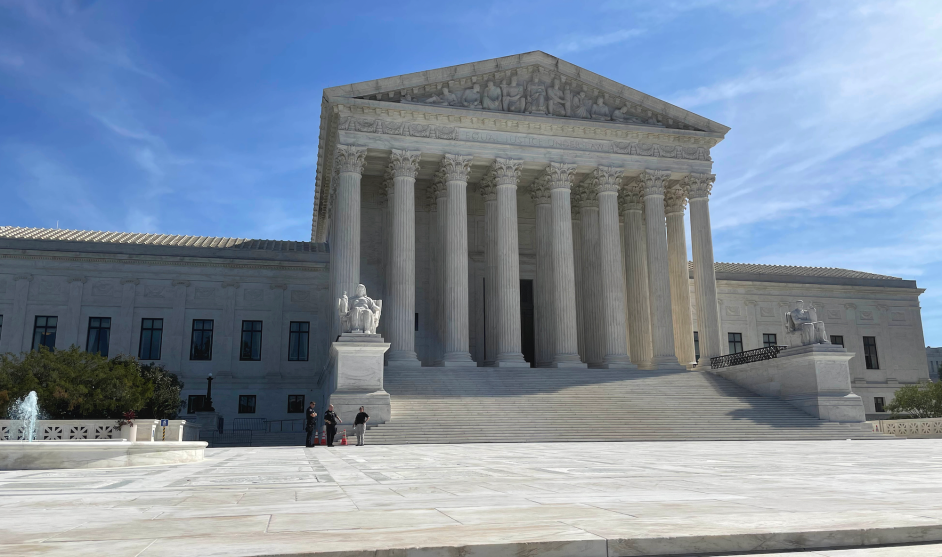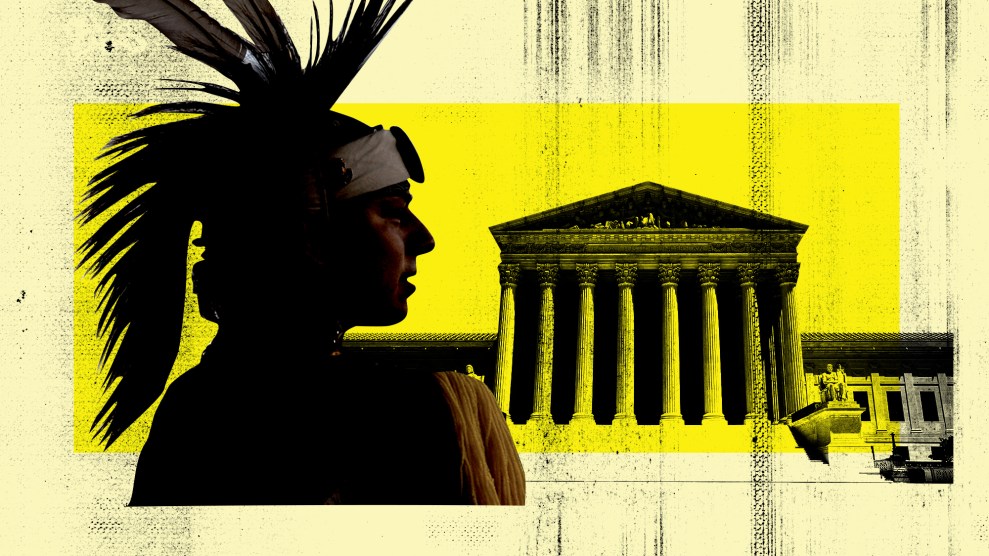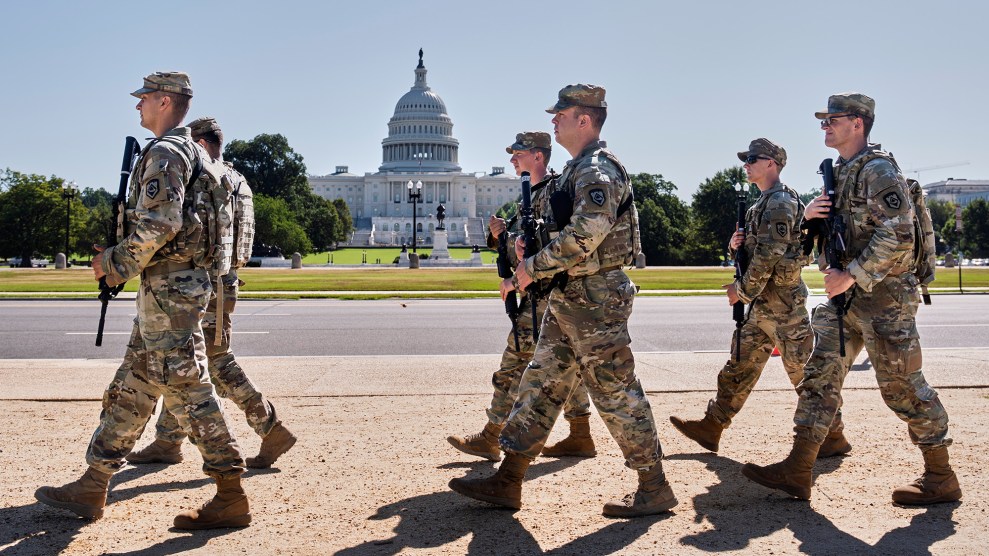
STRMX/AP
The Supreme Court on Wednesday ruled that Oklahoma has the authority to prosecute non-Native people who commit crimes against a Native person on tribal lands.
The justices, in a 5-4 decision, said that both the state and federal government have jurisdiction to prosecute these crimes. The case, Oklahoma v. Castro-Huerta, had been viewed as a pivotal one that cuts right into the heart of the fight over tribal sovereignty. Justice Brett Kavanaugh wrote the majority opinion.
Neil Gorsuch, who was joined by the three liberal justice in his dissent, wrote that when the Cherokee were exiled to Oklahoma, they were promised that they would be free from state interference. “Where this Court once stood firm, today it wilts,” Gorsuch wrote. “Where our predecessors refused to participate in one State’s unlawful power grab at the expense of the Cherokee, today’s Court accedes to another’s.”
In 2015, Oklahoma state prosecutors charged Victor Castro-Huerta for the malnourishment and neglect of his five-year-old disabled stepdaughter. He was eventually sentenced to 35 years in prison. Castro-Huerta is not Native, but the victim, his stepdaughter, is a citizen of the Eastern Band of Cherokee Indians, and the abuse took place on the Cherokee Reservation. Castro-Huerta challenged the decision by arguing that under the 2020 Supreme Court ruling in McGirt v. Oklahoma, he can only be federally prosecuted. McGirt held that nearly half of Oklahoma is tribal land, and as such, under the Major Crimes Act, Oklahoma cannot prosecute crimes by Native citizens on tribal lands without federal approval.
In this case, Oklahoma argued that McGirt does not apply because the defendant was Native. The Oklahoma Court of Criminal Appeals had previously ruled that the state does not have the right to prosecute non-Native people for crimes with a Native victim on tribal land, but the Supreme Court disagreed.
















